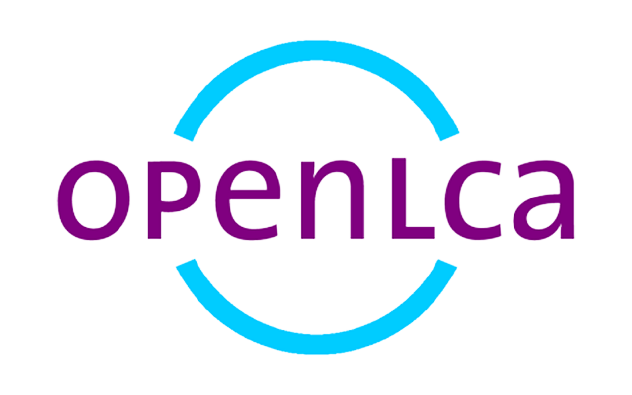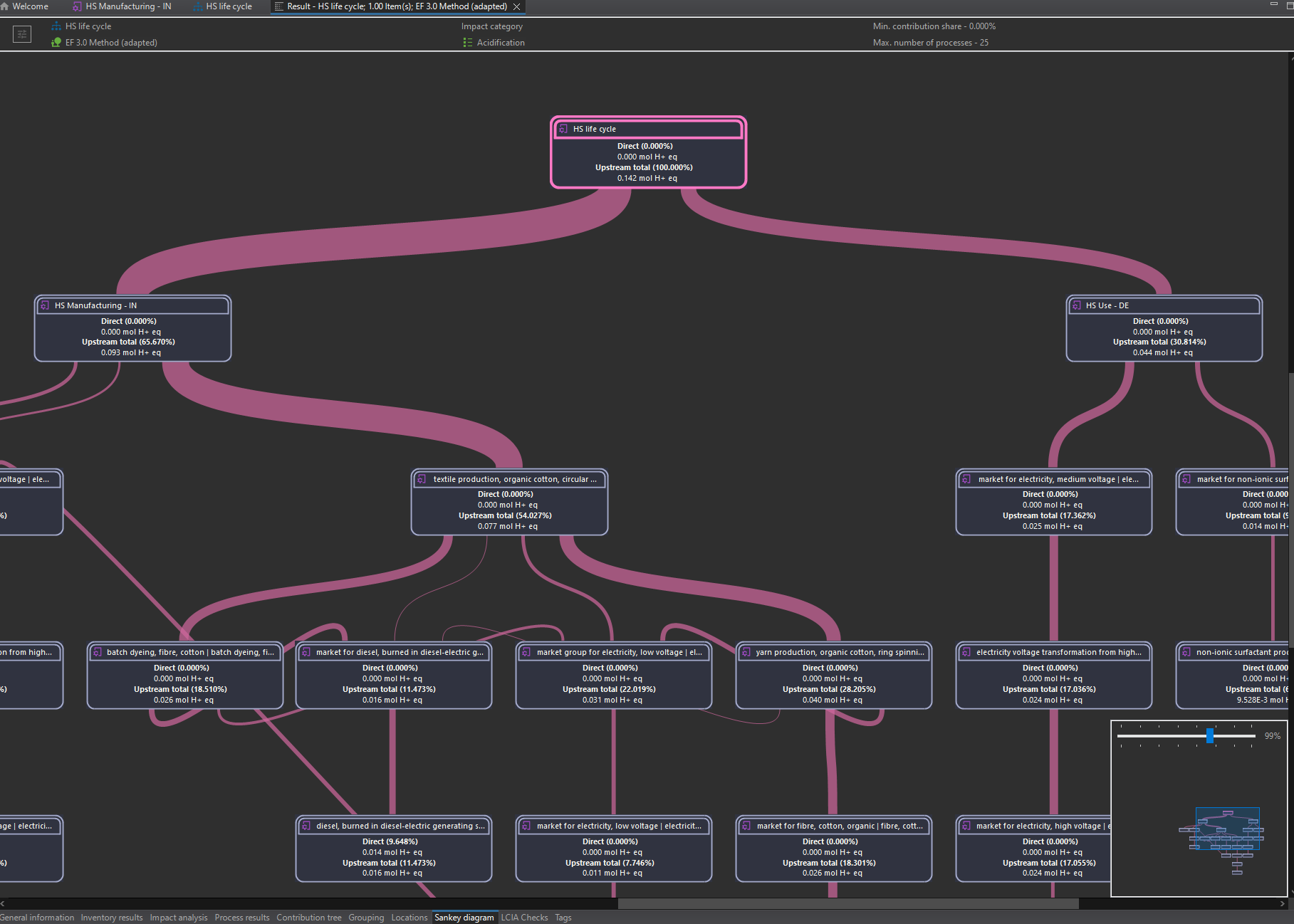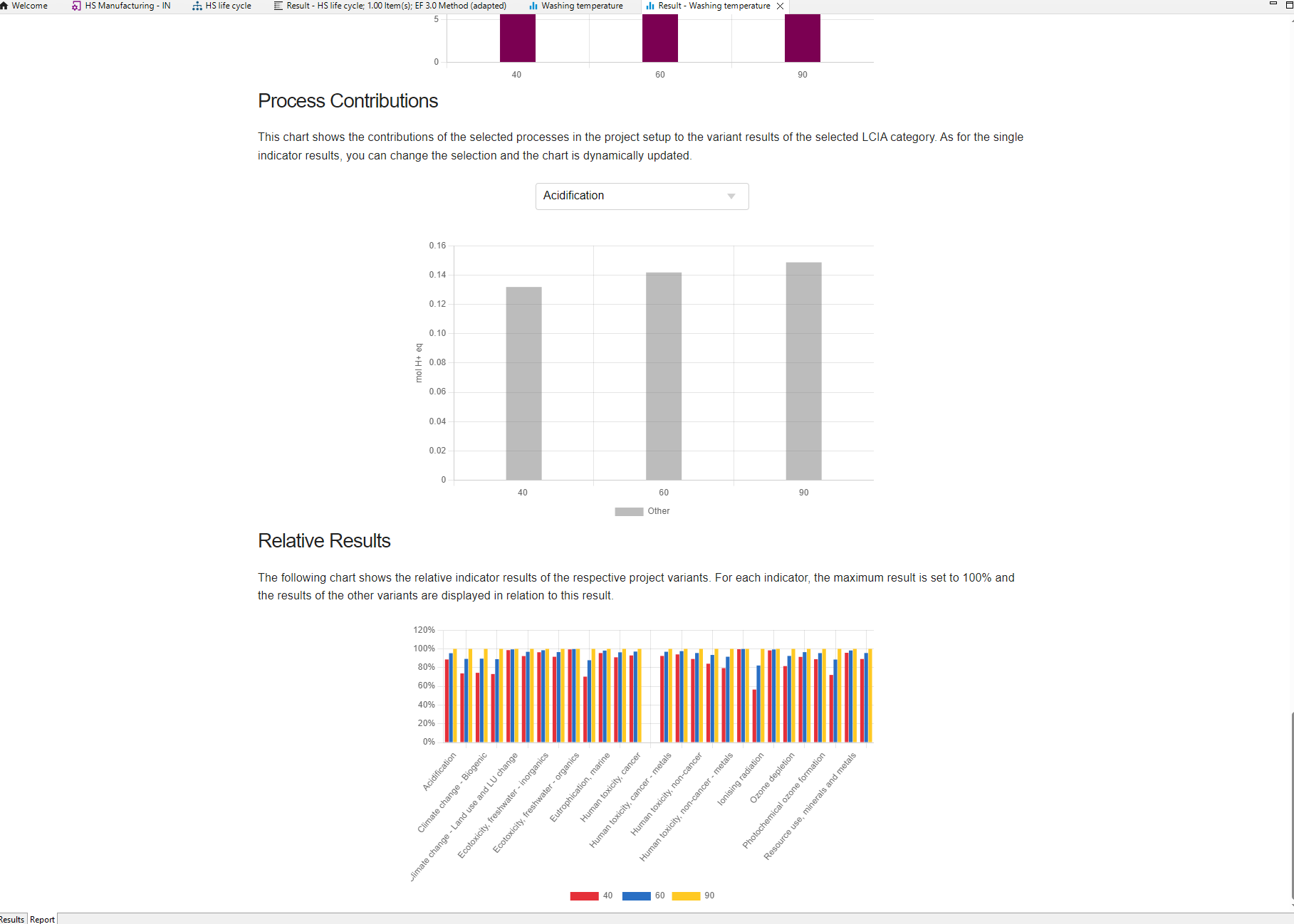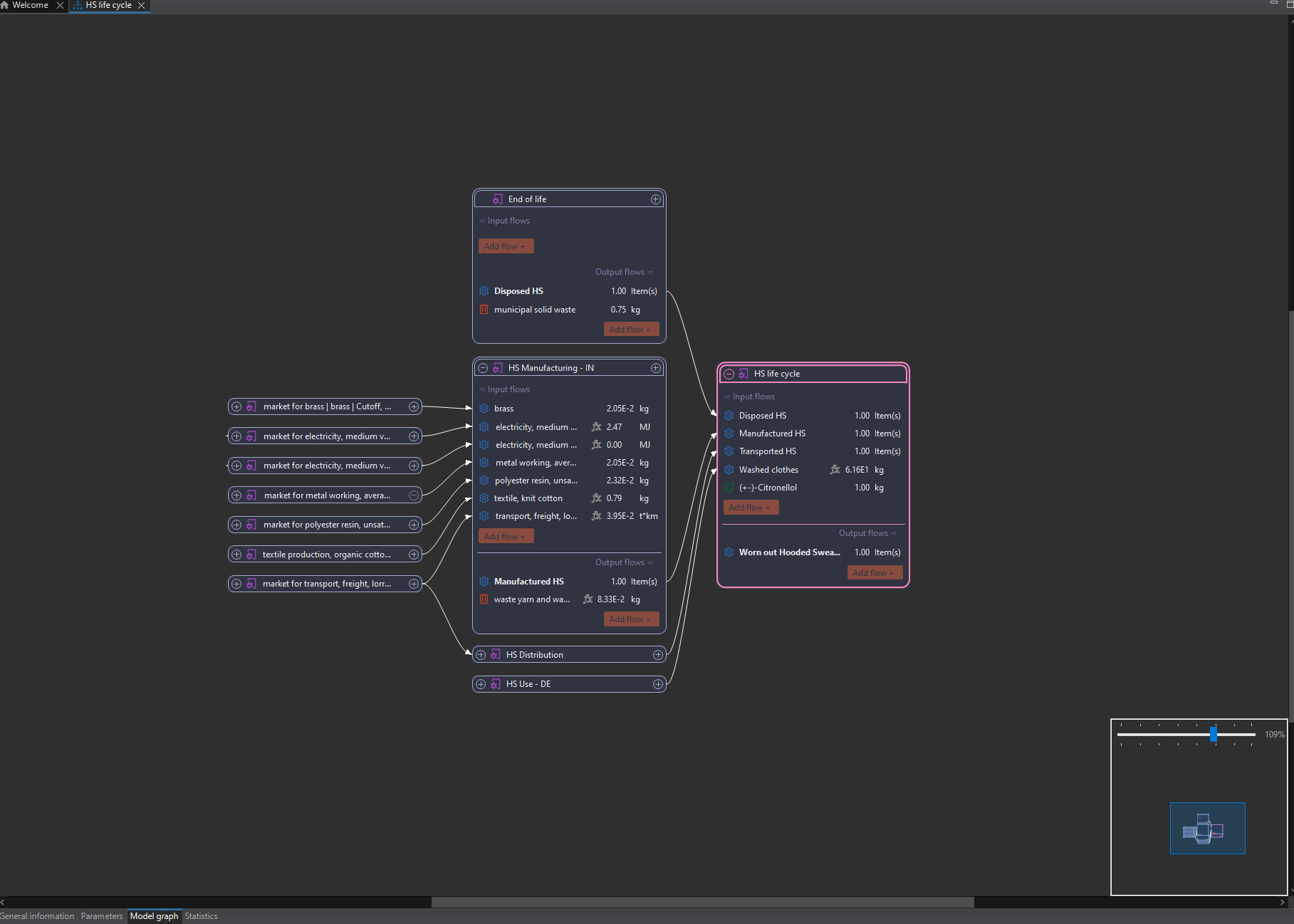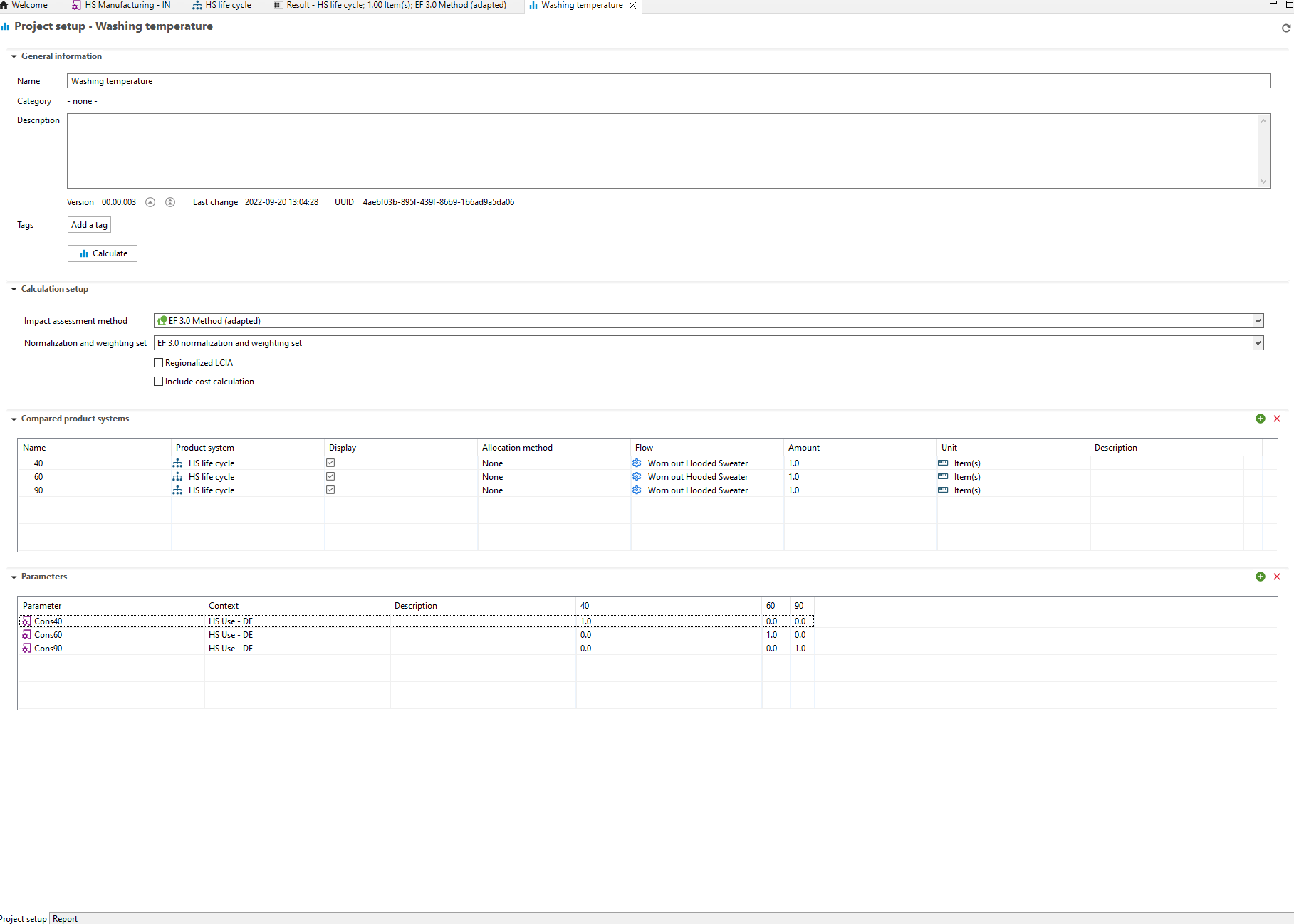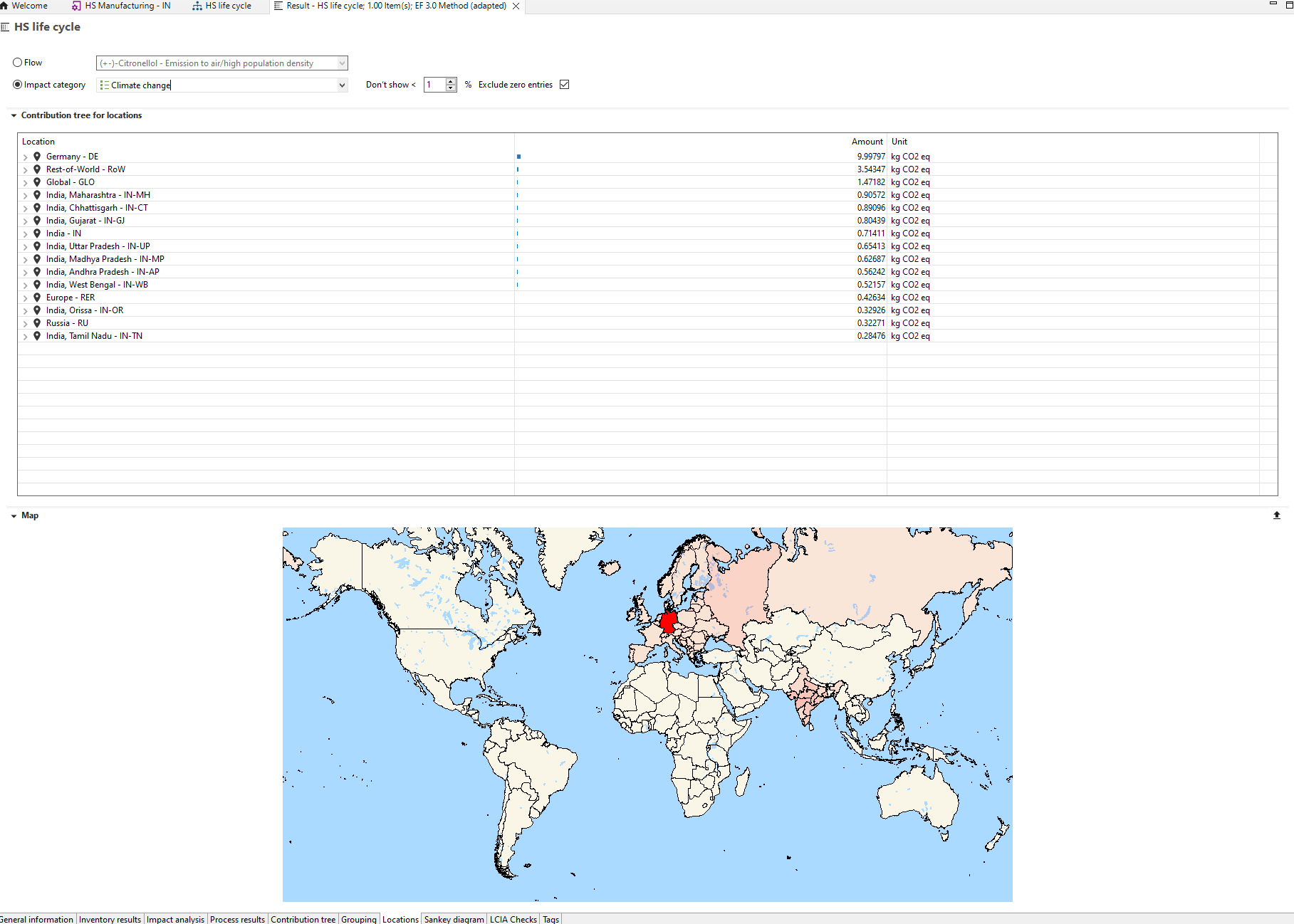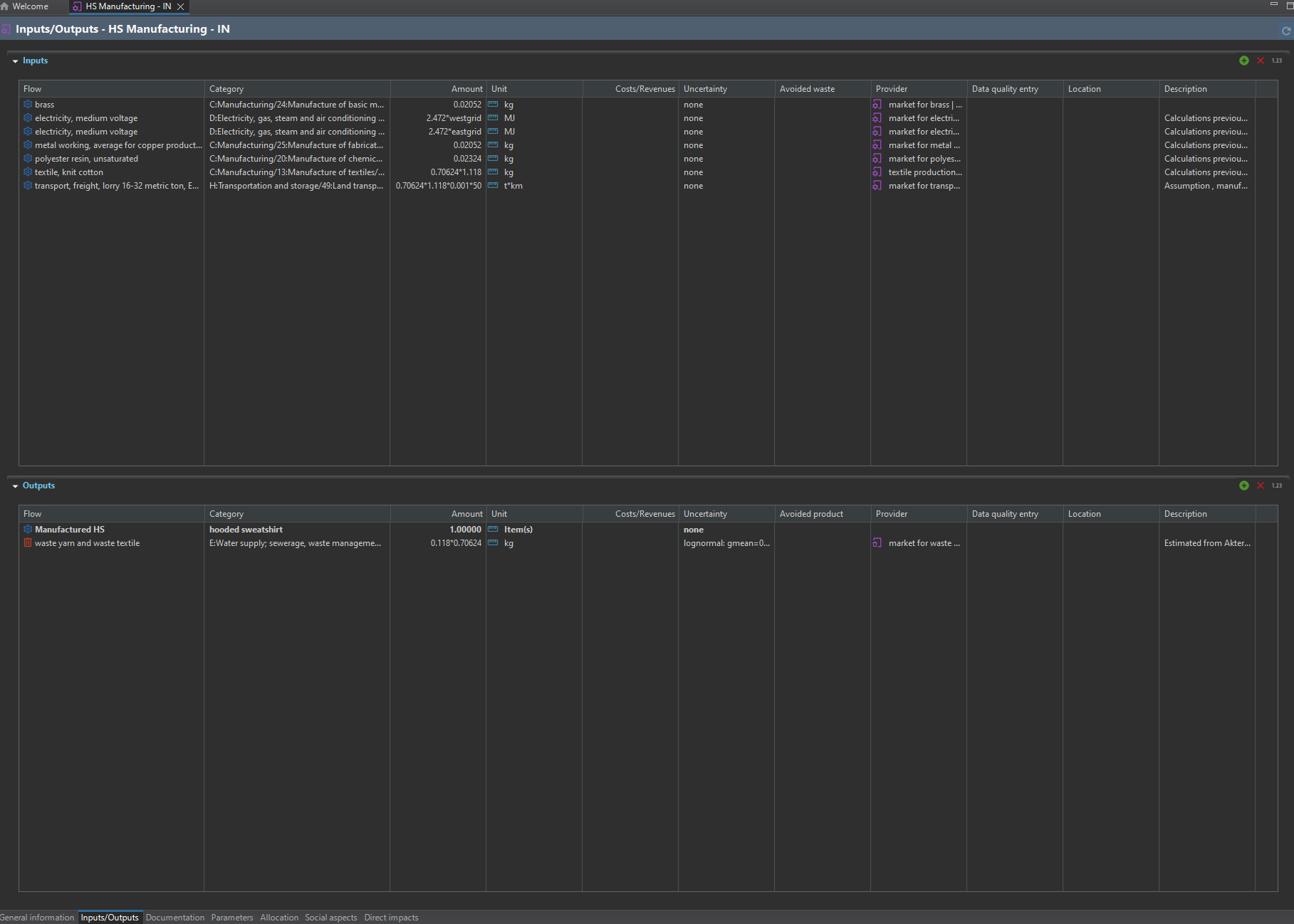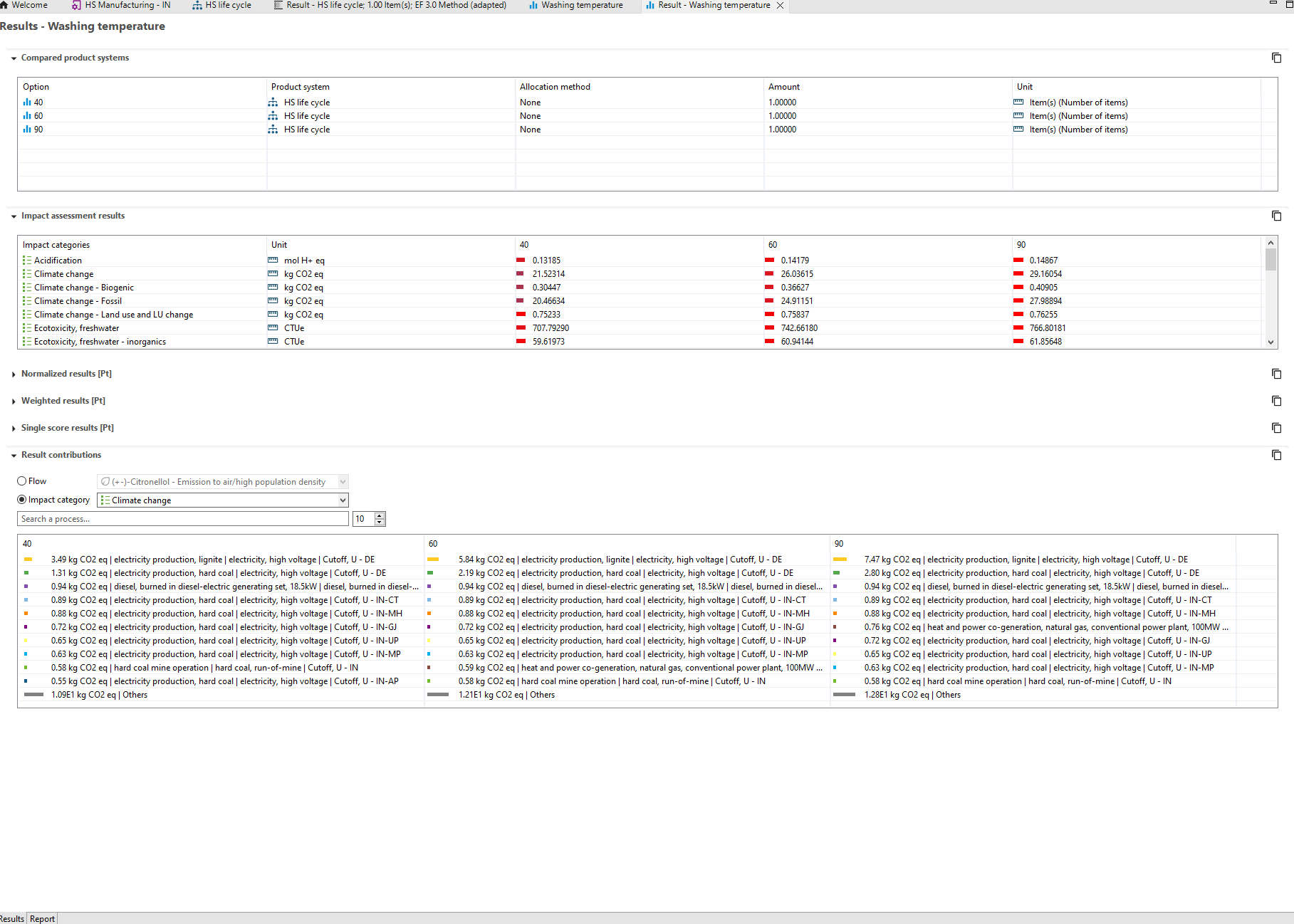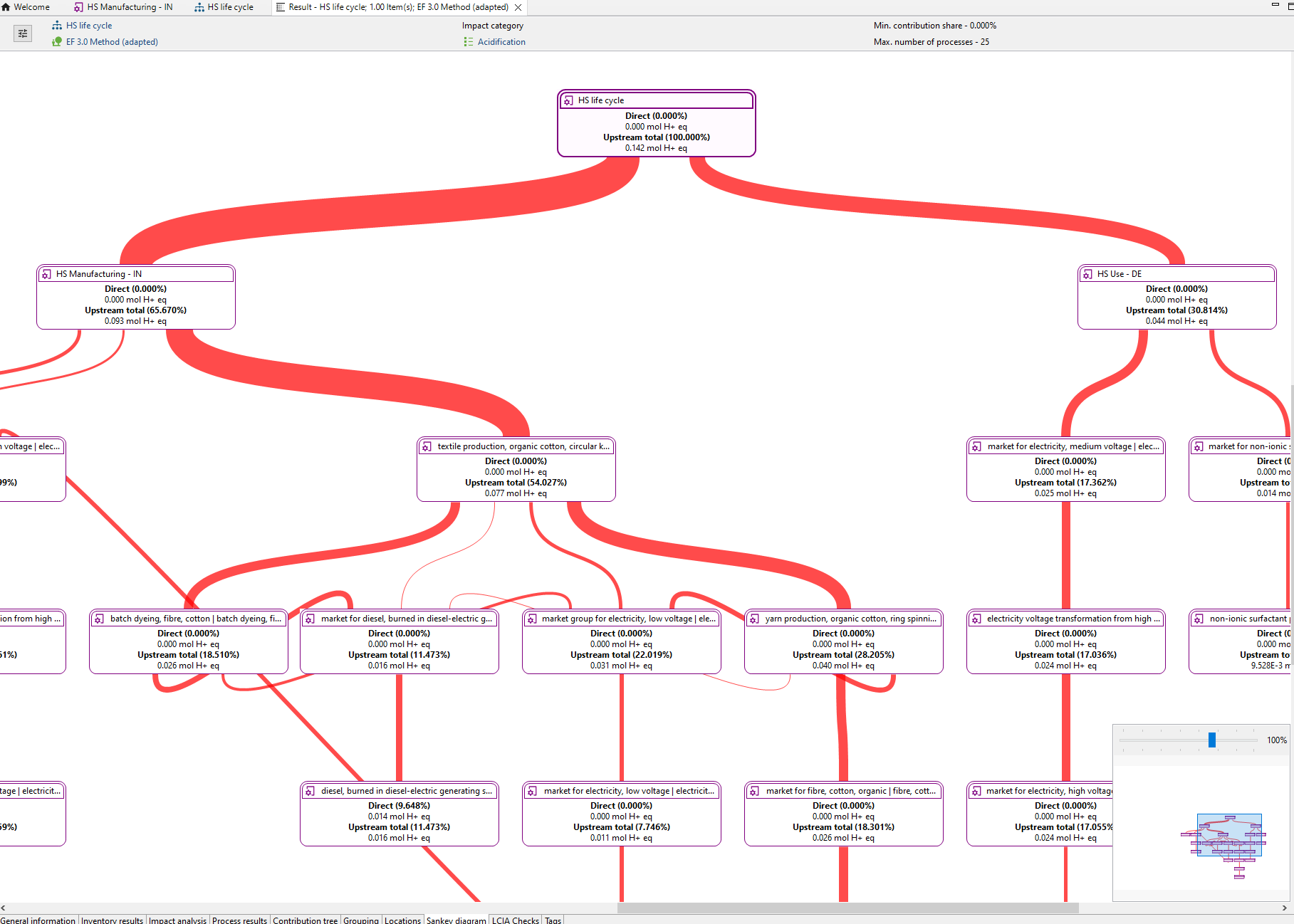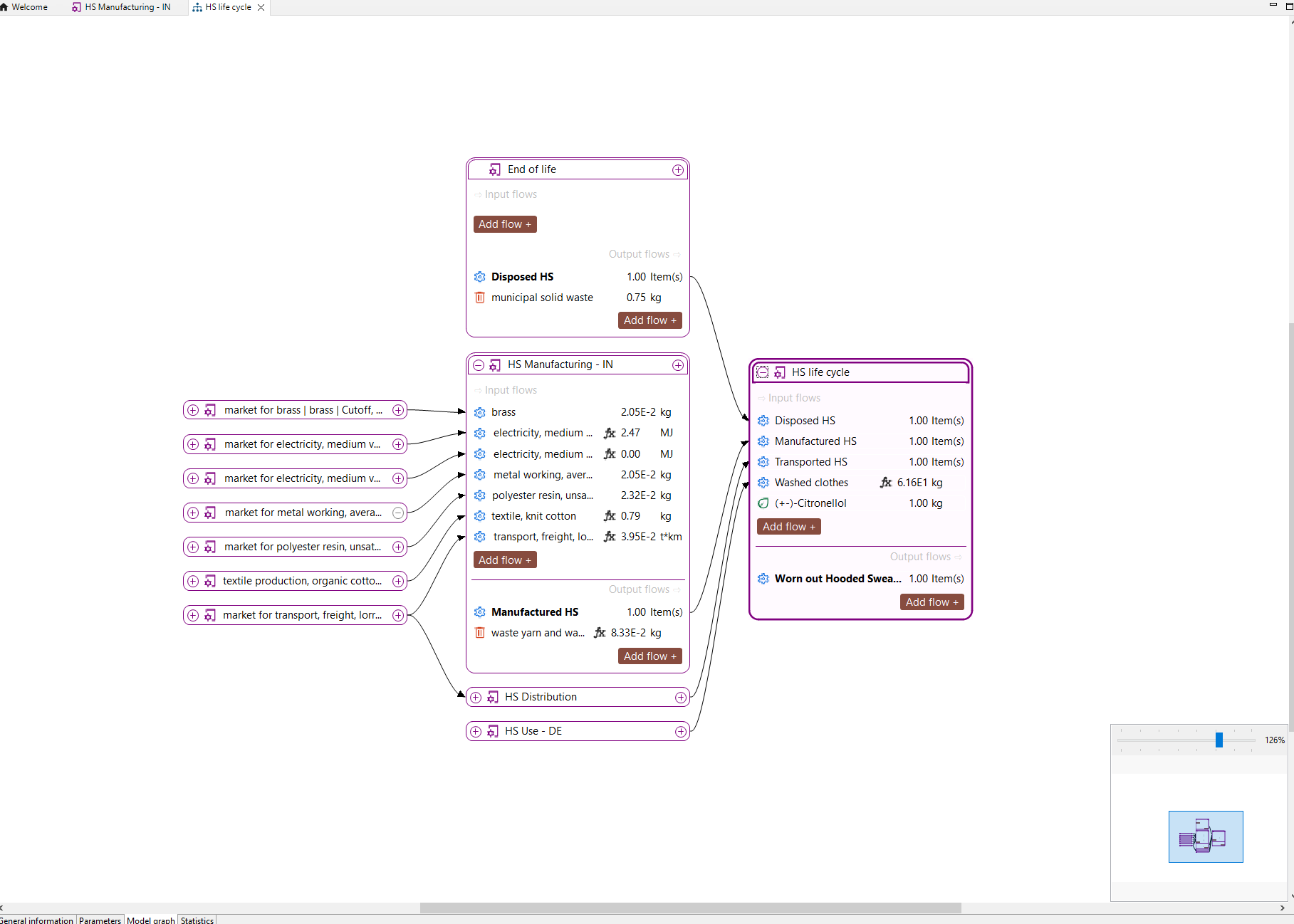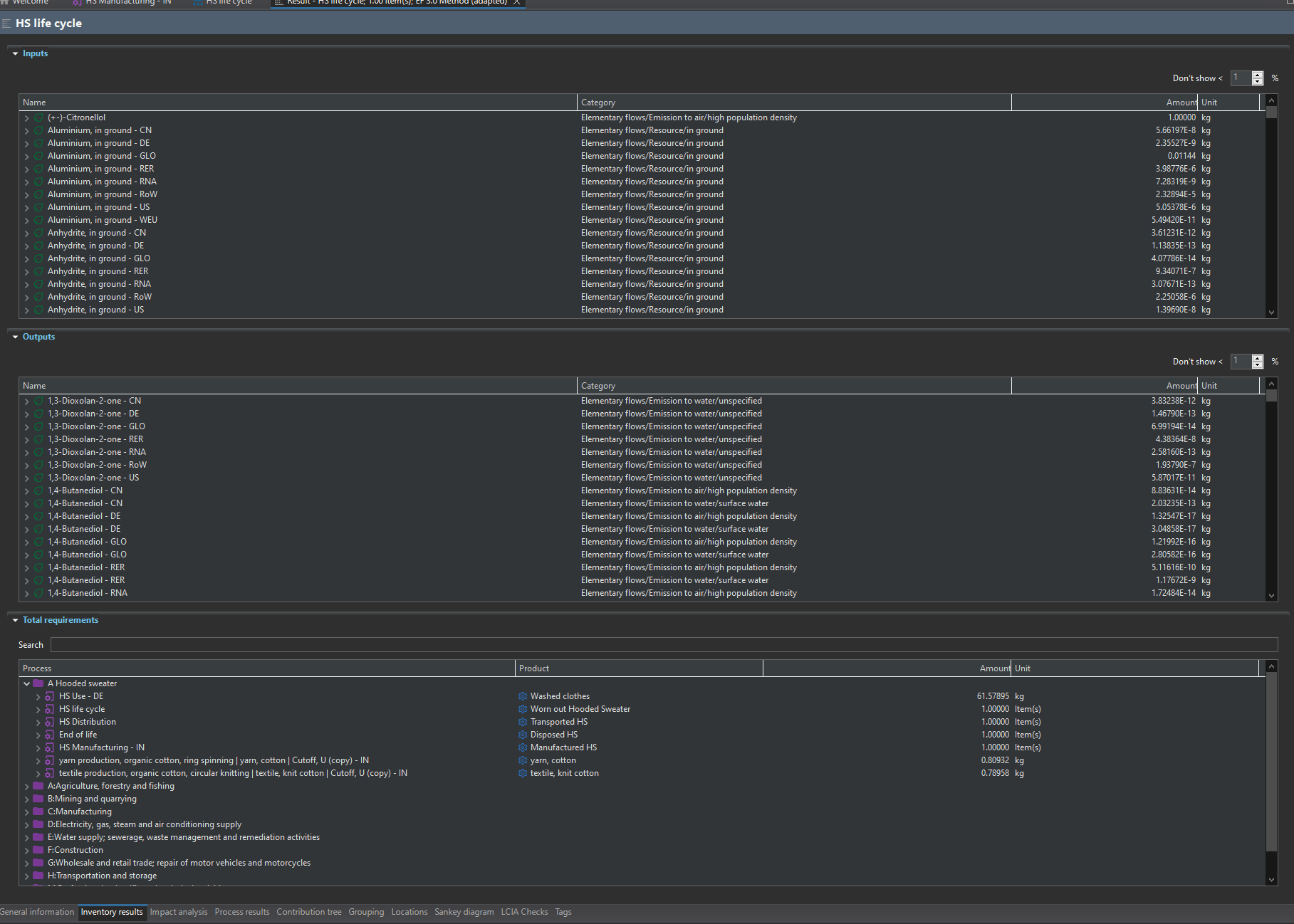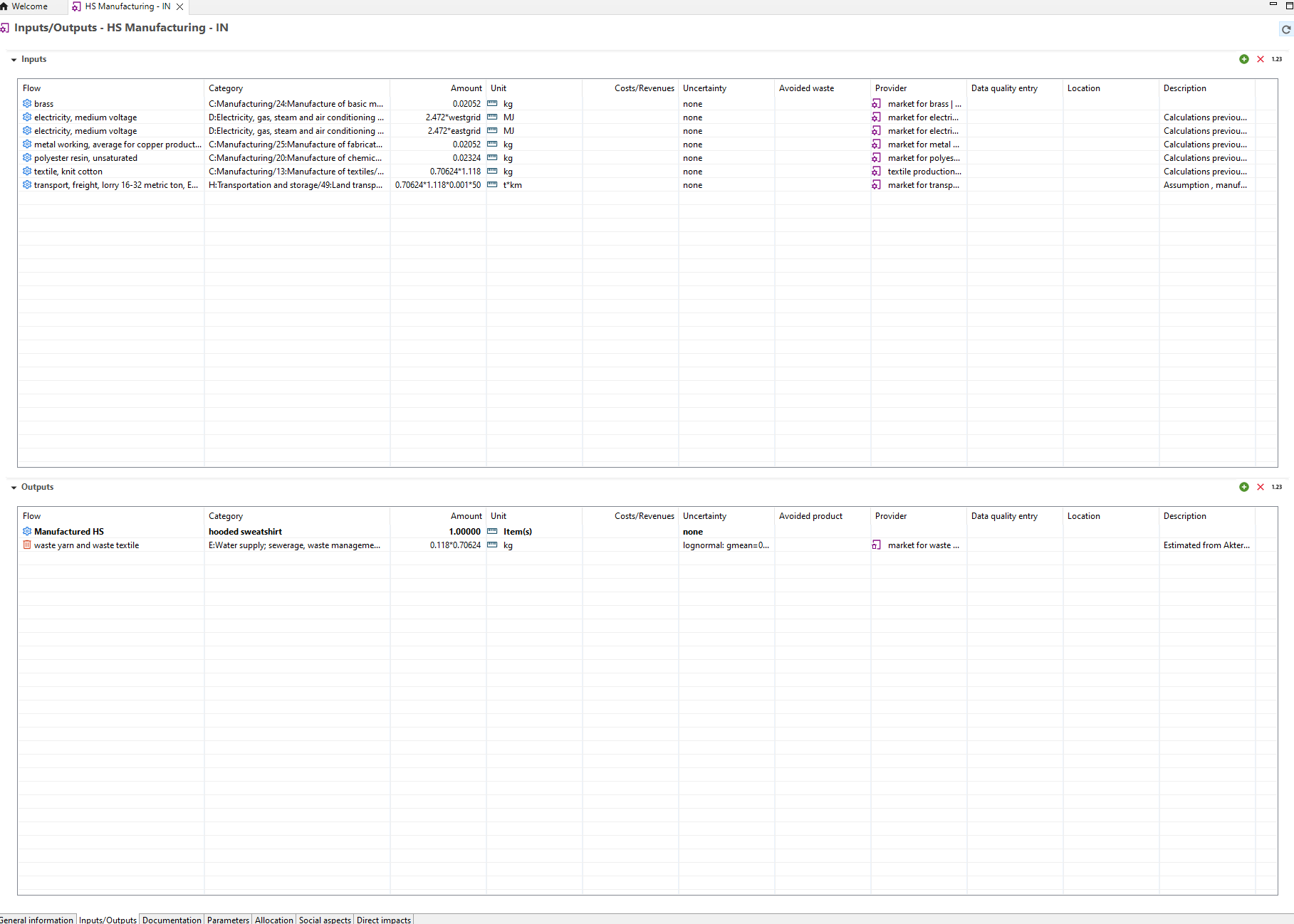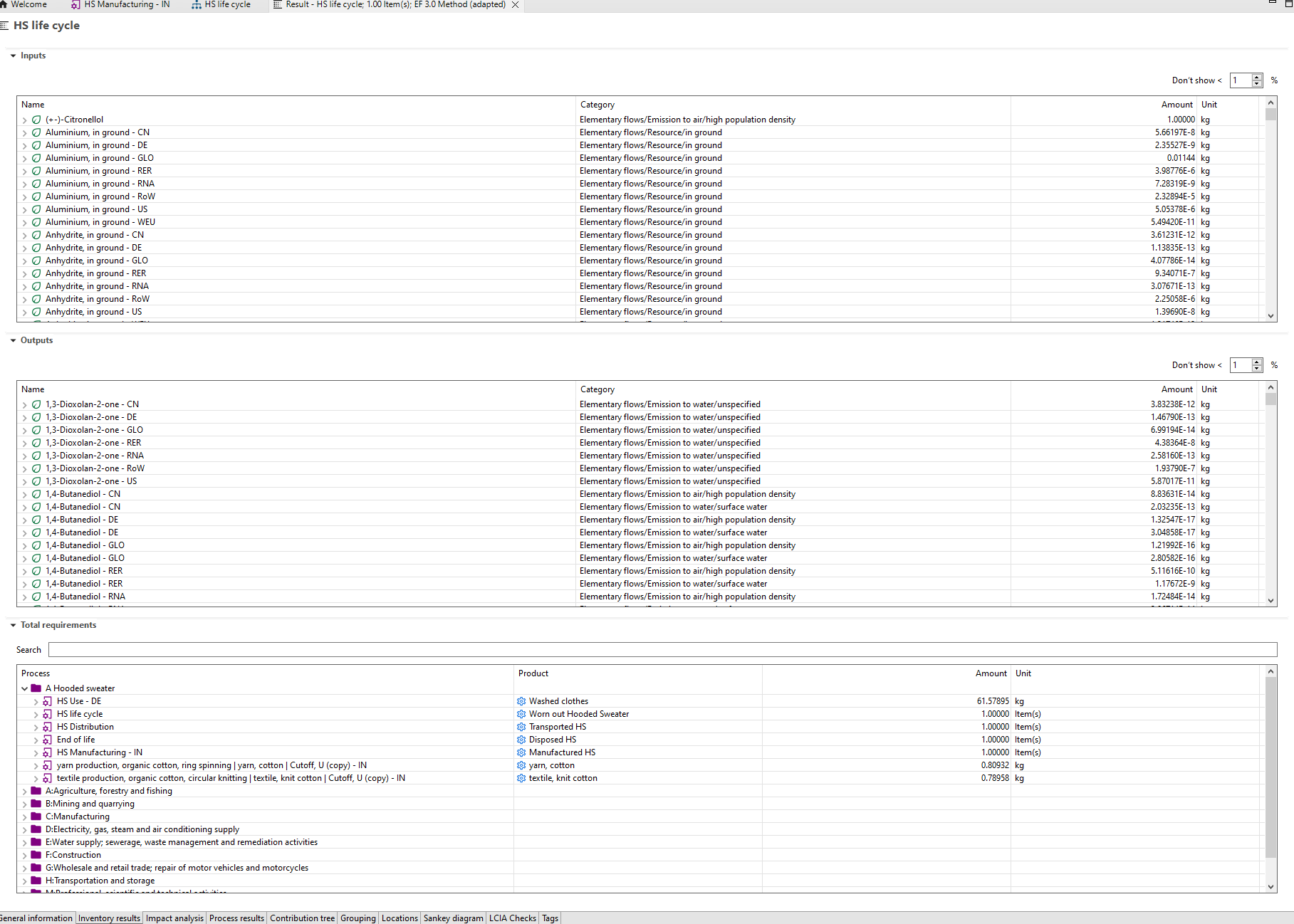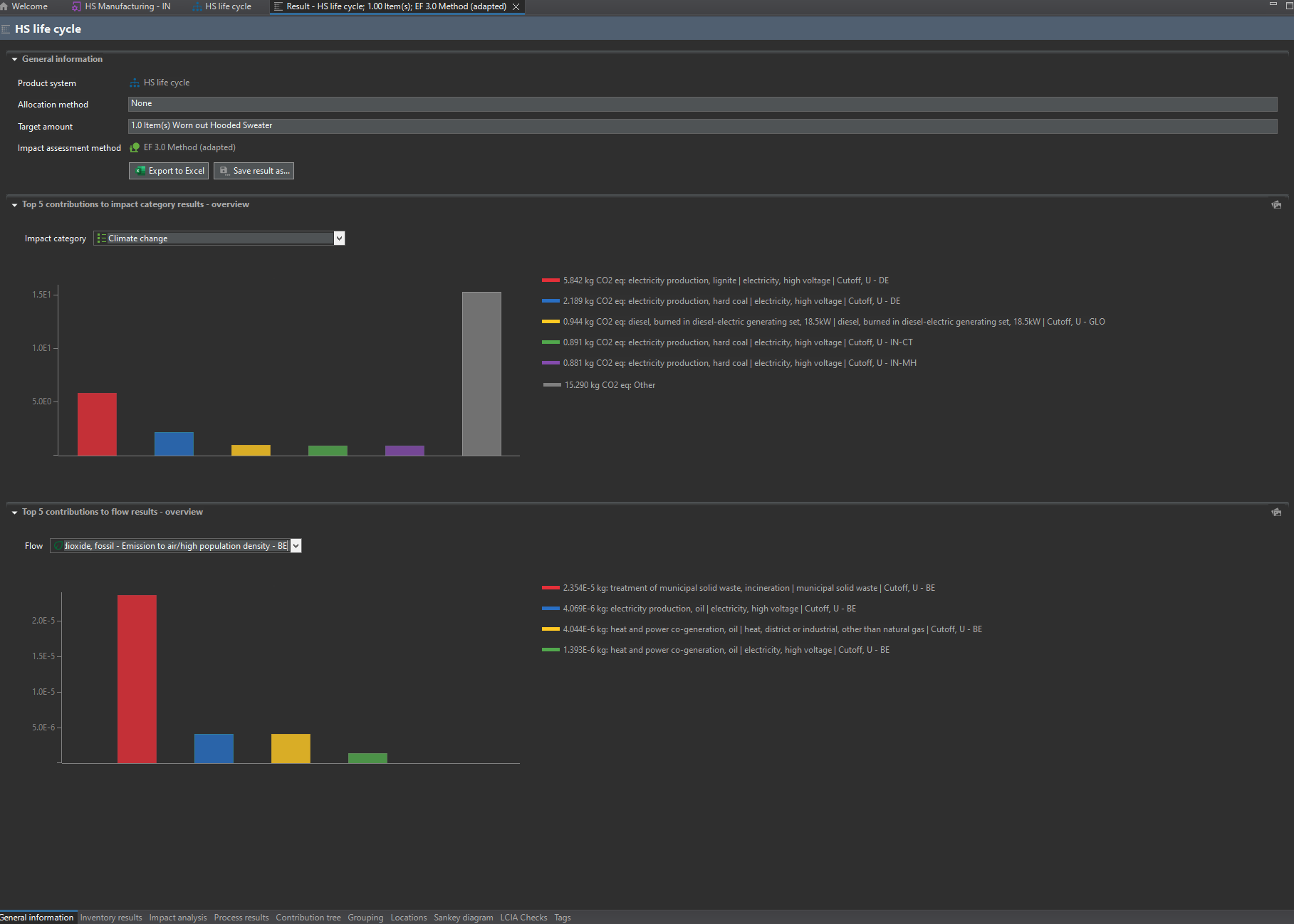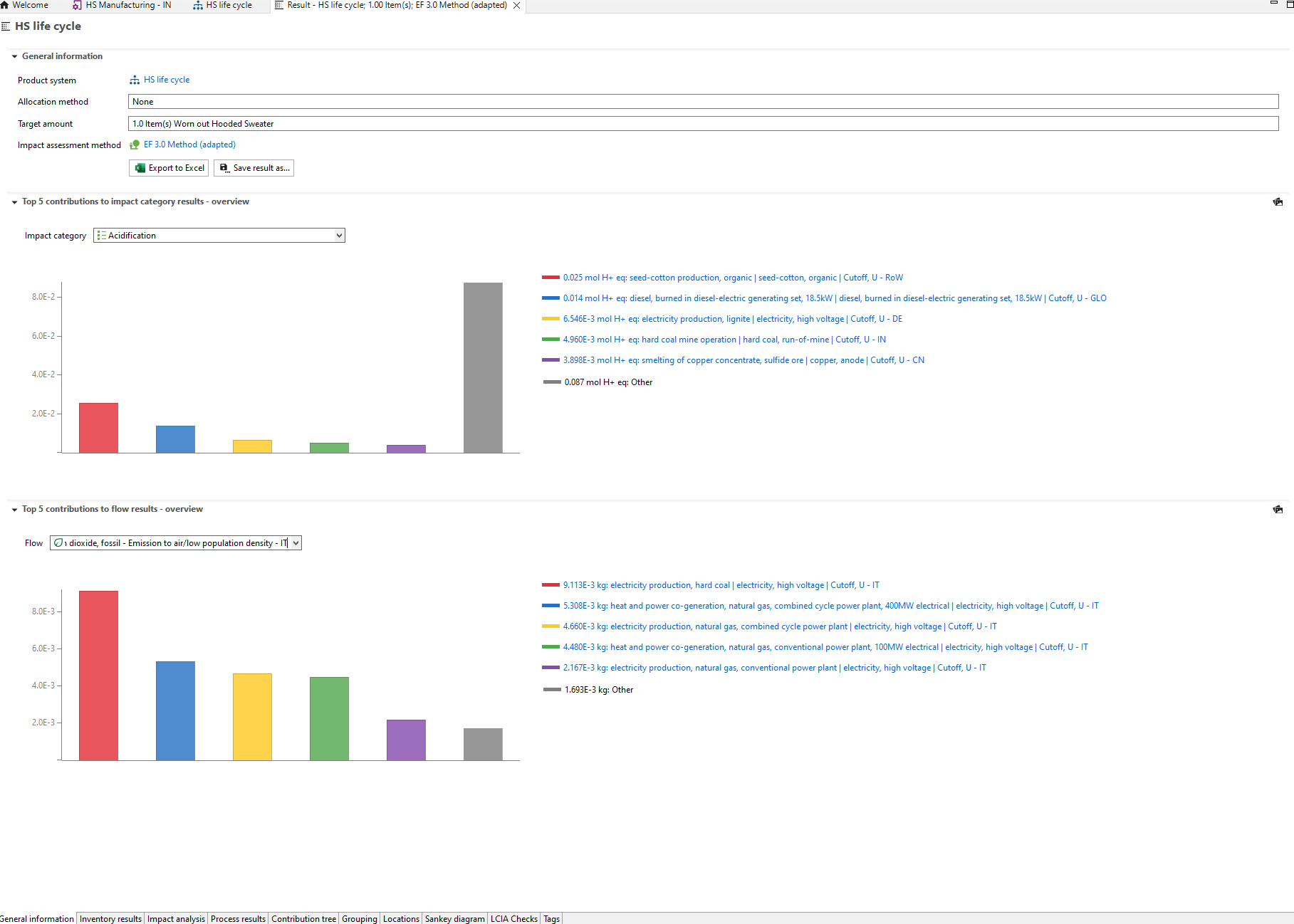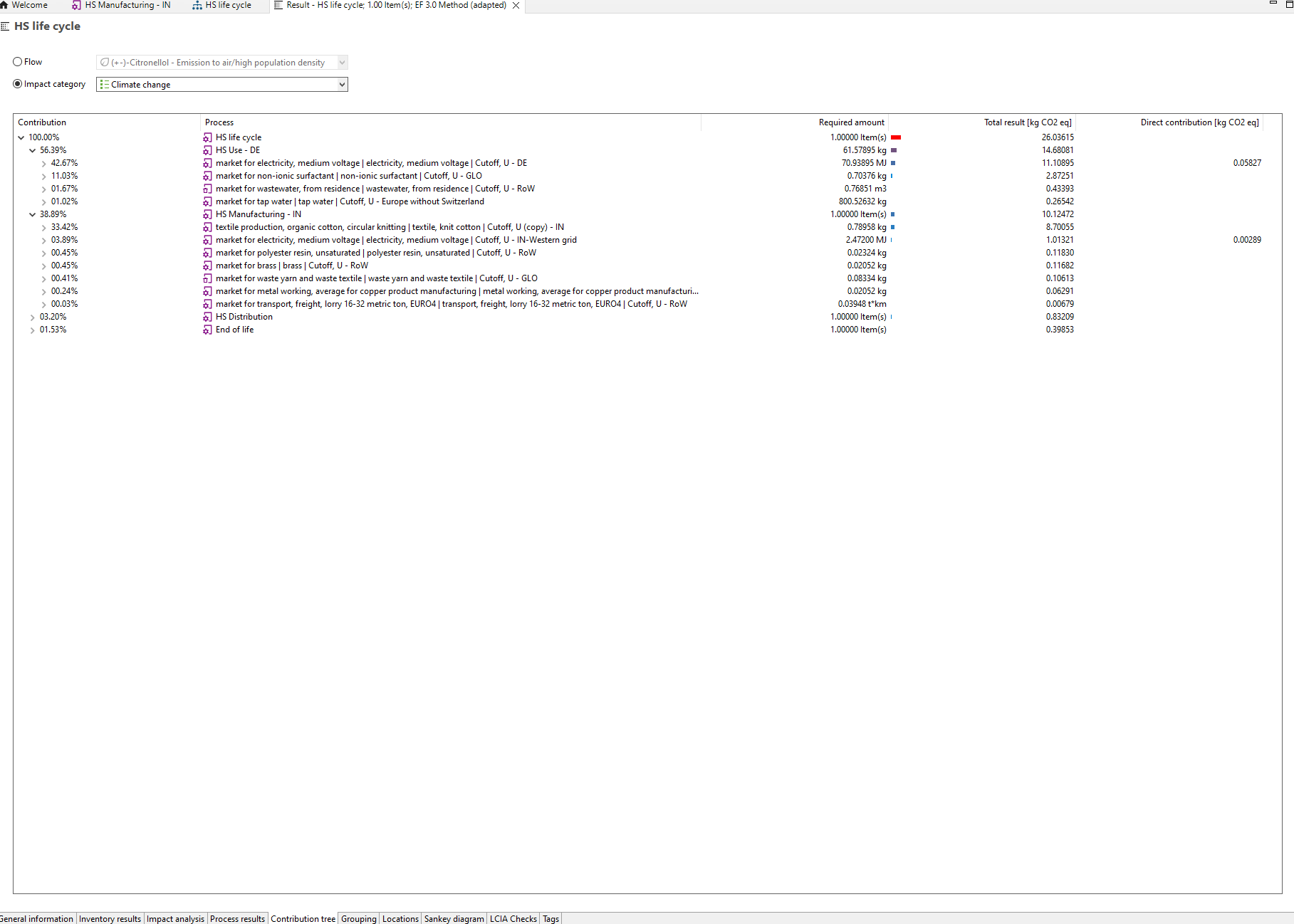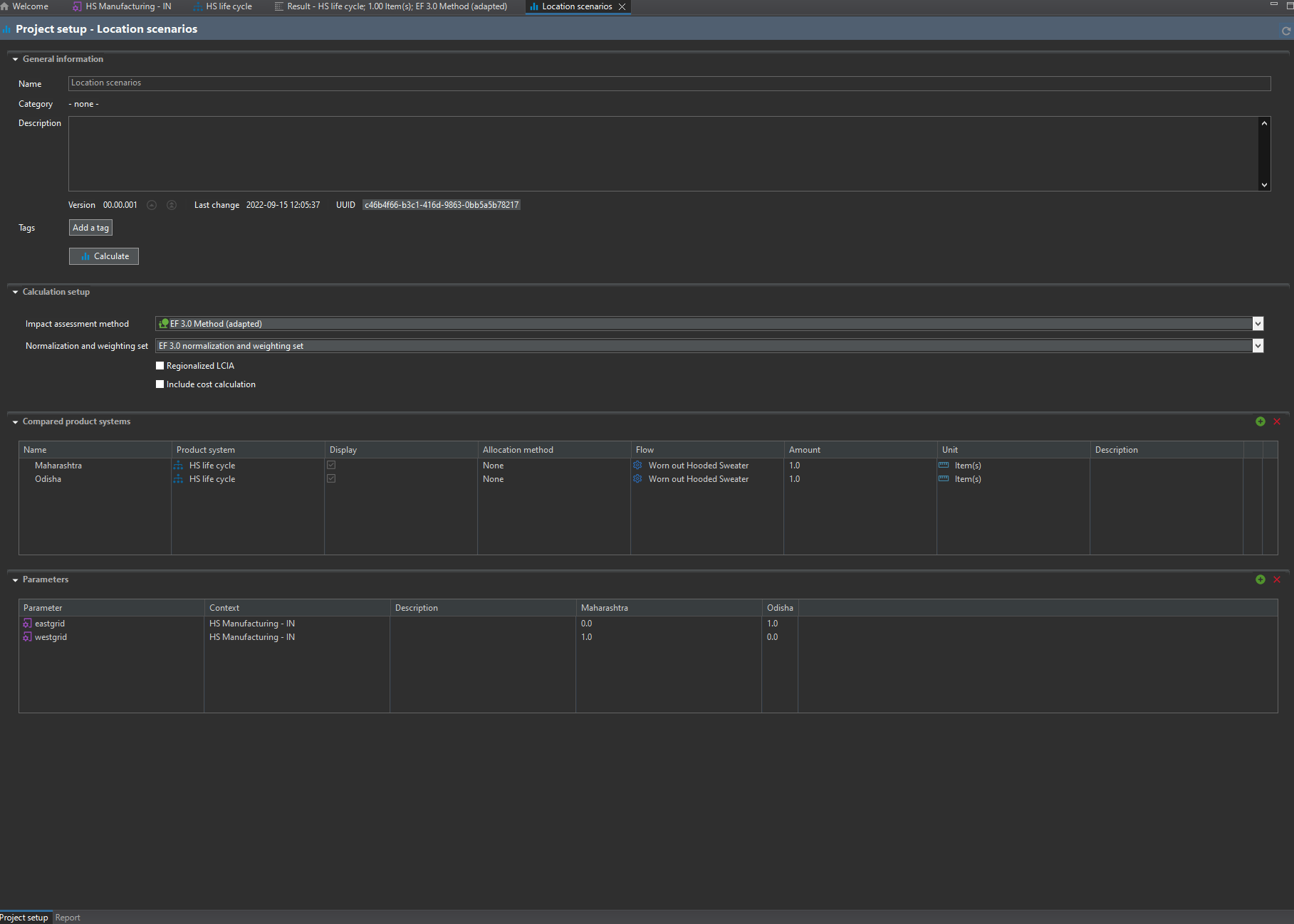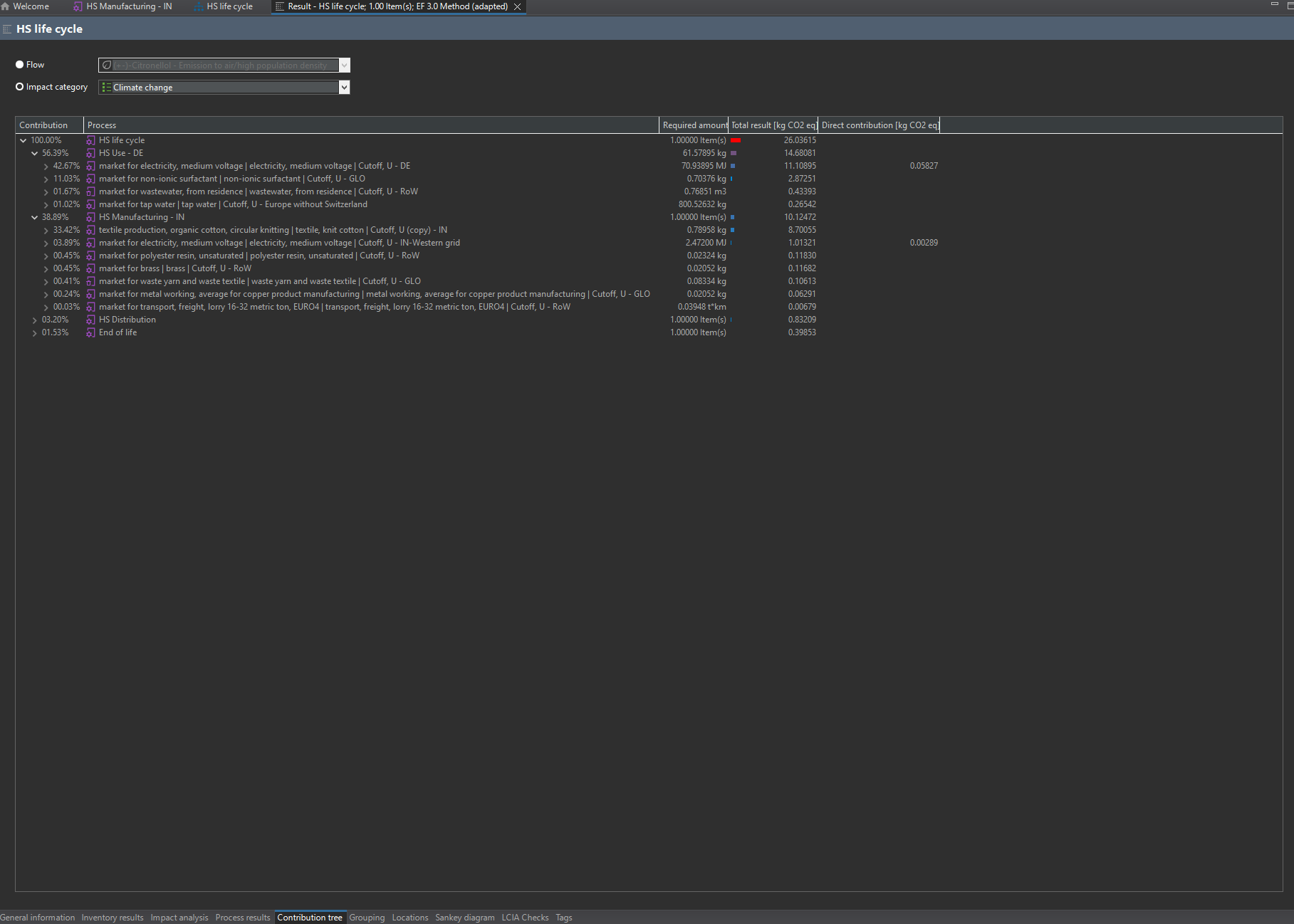Leading the Future of LCA Software
openLCA is a free, professional Life Cycle Assessment (LCA) and footprint software with a broad range of features and many available databases, developed by GreenDelta since 2006.
Powerful
Powerful and intuitive. Unparalleled features. Open source and free to use. openLCA is the world's most widely used LCA software.
Open Source
Full transparency, full flexibility. Freely share both the software and any models you create in openLCA. Modify and change the software to suit your needs.
Connected
Stay connected and work together on LCA models from anywhere in the world using the openLCA Collaboration Server and onlineLCA.
A Family of Software
openLCA is versatile and able to meet needs of different user groups.
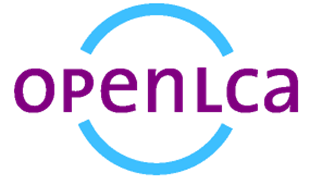
openLCA
The most used LCA software worldwide. openLCA is a fast, reliable, high-performance, modular tool for sustainability assessment & life cycle modelling. Open Source and customisable, tailor the software to suit your needs. Create beautiful models at any level of complexity. Open Source and free to use.

onlineLCA: for upscaling and automation
onlineLCA is a webtool for mass-calculation of LCAs in an enterprise; for enabling compliant and consistent calculations with a variety of standards, including EN15804 and EPDs, Environmental Footprint, and others. Simply put, onlineLCA can turn into your company’s sustainability tool catering your needs and user expertise, from web-based LCA modelling and model calculation to simplified EPD or PCF tools.
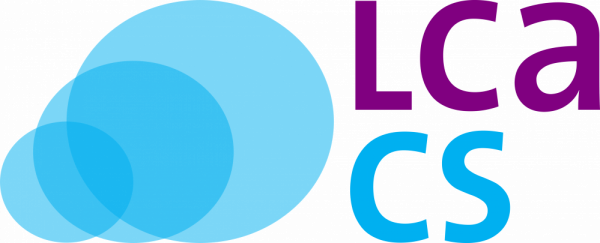
LCA Collaboration Server: team work and data management
The LCA Collaboration Server, now in version 2.0, is a server application that complements openLCA (the LCA desktop application). It is available for free, and support is available on demand.
The LCA Collaboration Server is not only a milestone for openLCA but offers innovative features and opportunities for LCA practitioners that are unparalleled by any other LCA software. openLCA users are now able to work simultaneously on an LCA study while tracking each other’s changes along synchronised databases.
A Tool For Everyone
All products, all standards, widest choice of data and methods.
Industry
With low total cost of ownership, easy installation and use, features for professional modeling and for collaboration in team, the largest set of data available for LCA, and not the least full transparency, openLCA is a good choice for use in industry. openLCA is also suited as basis for customised software solution, for powerful and intuitive web- or desktop applications.
Consultancy
As for industry, low total cost of ownership, easy installation and use, features for professional modeling and for collaboration in team, and the largest set of data available for LCA make openLCA a good choice for LCA and footprint in consultancy. Since the software is free, it is very easy to share your life cycle model with clients, or for review and quality assurance
Research
openLCA provides features and possibilities not available in other LCA software and can be extended to meet and include specific new approaches. At the same time, openLCA is a user-friendly software, with an intuitive interface that is well suited for research.
Education
openLCA is used in many university classes worldwide, also linked to research. Easy installation, affordable or free faculty licences offered by many databases, and rich modeling options are reasons to select openLCA for student work and teaching classes.
